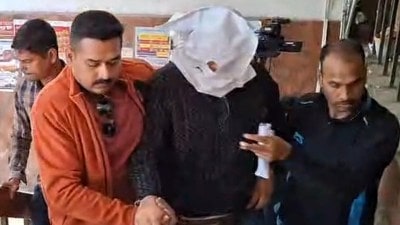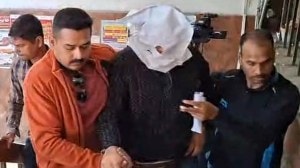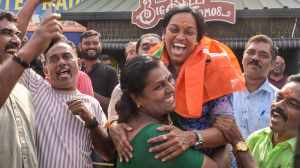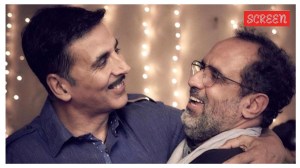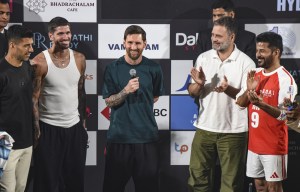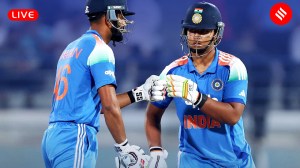 The World Bank and Stanford University surveyed roughly 5,000 first-year and third-year B.Tech students from 200 randomly-selected public and private engineering institutes last year.
The World Bank and Stanford University surveyed roughly 5,000 first-year and third-year B.Tech students from 200 randomly-selected public and private engineering institutes last year.
A learning outcome assessment of undergraduate engineering students in the country, conducted by Stanford University and the World Bank, suggests that Indian students make substantial gains in Mathematics and critical thinking skills in the first two years of their education compared to their counterparts in China and Russia. But their overall higher order thinking skills are “substantially lower” than the Chinese and Russians.
The World Bank and Stanford University surveyed roughly 5,000 first-year and third-year B.Tech students from 200 randomly-selected public and private engineering institutes last year. These 200 institutes did not include the Indian Institutes of Technology or the IITs. Similar learning assessments were also conducted for engineering students in China and Russia.

According to preliminary results seen by The Indian Express, students from disadvantaged sections in India make either comparable or greater skill gains than their advantaged cohorts. For example, the study shows that a disadvantaged student in India scores 0.228 points more from the median gain of advantaged cohorts in Mathematics. The finding is significant against the backdrop that an engineering degree is one of the aspirational educational qualifications for financially and socially backward students.
Read | IISc, IIT-Madras, IIM-Ahmedabad, JNU among top institutes in NIRF ranking 2018
As per the study, disadvantaged students include those from socially backward communities, rural areas and poor families. Advantaged candidates are those from urban areas, wealthier families and socially advantaged communities.
According to the study, active teaching practices such as less lectures and more group activities are, predictably, found more prevalent in private engineering colleges than public institutions within the country. Incidentally, if one were to compare elite government engineering institutions in India — defined by the study as colleges that admit students through highly competitive entrance tests like JEE (Advanced) and JEE (Main) — to their non-elite counterparts, then active teaching practices are more common in the latter.
The inter-country comparisons throw up some interesting results. For instance, the study shows that Indian engineering aspirants start college with similar academic skill levels as Russian students, but less skills than Chinese students. However, once the Indian students join college, they make make significant skill gains in comparison to China and sometimes to Russia.
Story continues below this ad
The inter-country comparisons are important as the majority of the world’s new engineering graduates come from China, India and Russia. About three decades ago, developed countries such as the US and Japan used to supply the largest chunk of world’s engineers. Detailed findings of this survey, which is part of the Technical Education Quality Improvement Programme (TEQIP) supported by the World Bank, will be presented formally to the HRD Ministry this week.

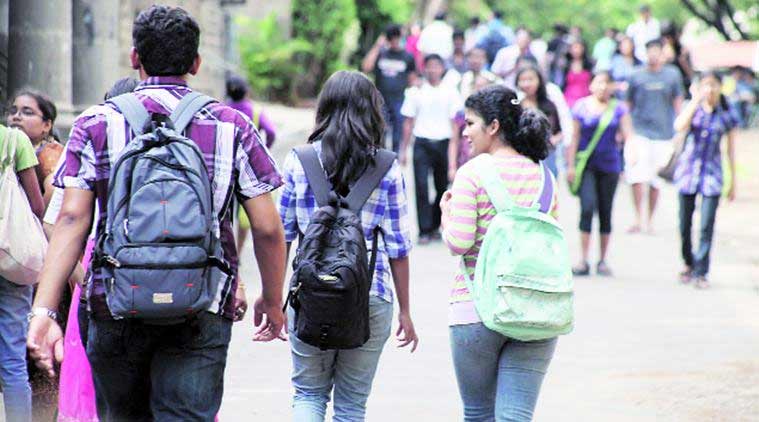 The World Bank and Stanford University surveyed roughly 5,000 first-year and third-year B.Tech students from 200 randomly-selected public and private engineering institutes last year.
The World Bank and Stanford University surveyed roughly 5,000 first-year and third-year B.Tech students from 200 randomly-selected public and private engineering institutes last year.

